- Message of the Executive Chairperson
- Report of the President & CEO
- Turning a Challenging Year into a Banner Year
- Consolidated Financial Highlights
- Special Feature: Humans of InLife
- Q&A With InLife New Leaders
- Empowered Women Empowering Communities
- In the Frontlines of Healthcare
- Doing Good With Grit
- Staying Ageless and ‘Woke’ at 111
- Corporate Governance Report
- Board of Trustees
- Management and Officers
- About the Company
EMERGING
FUTURE

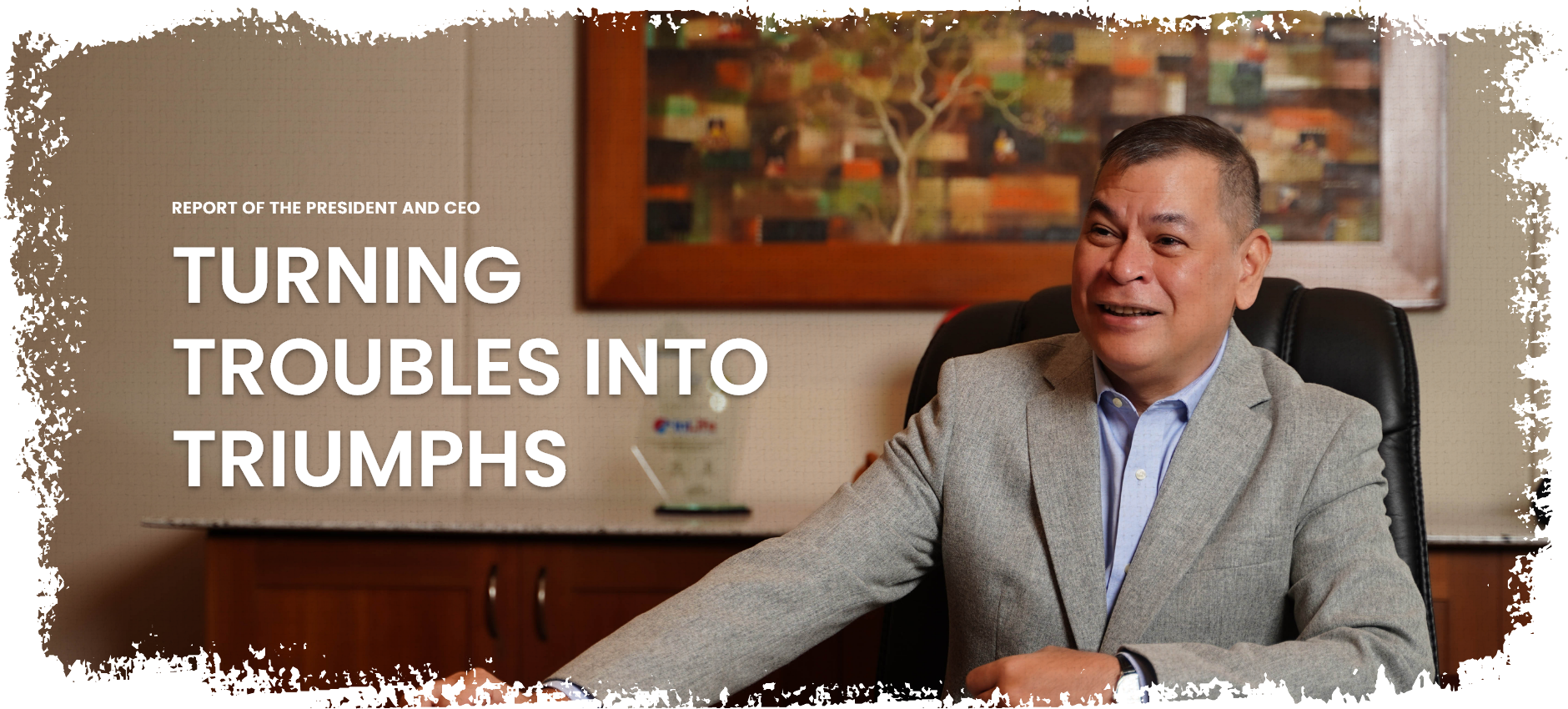

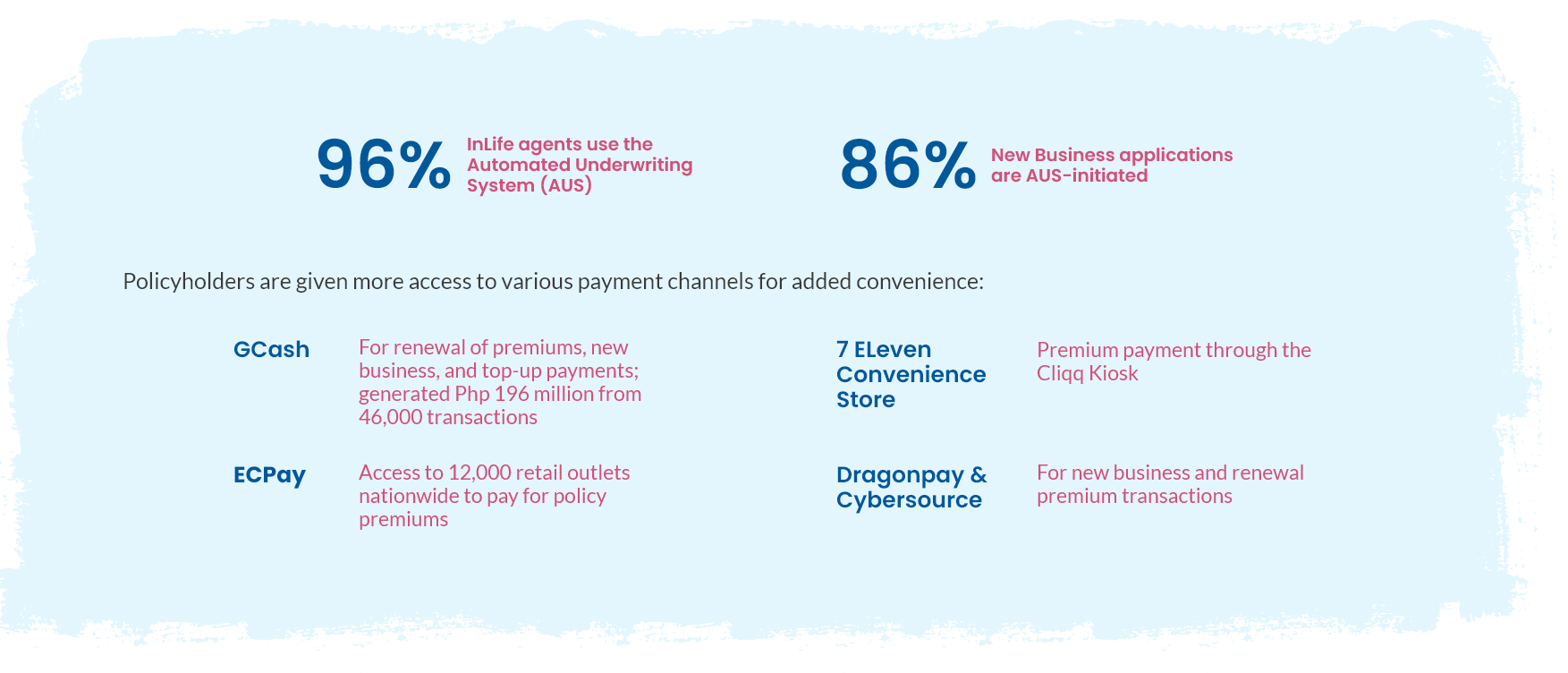


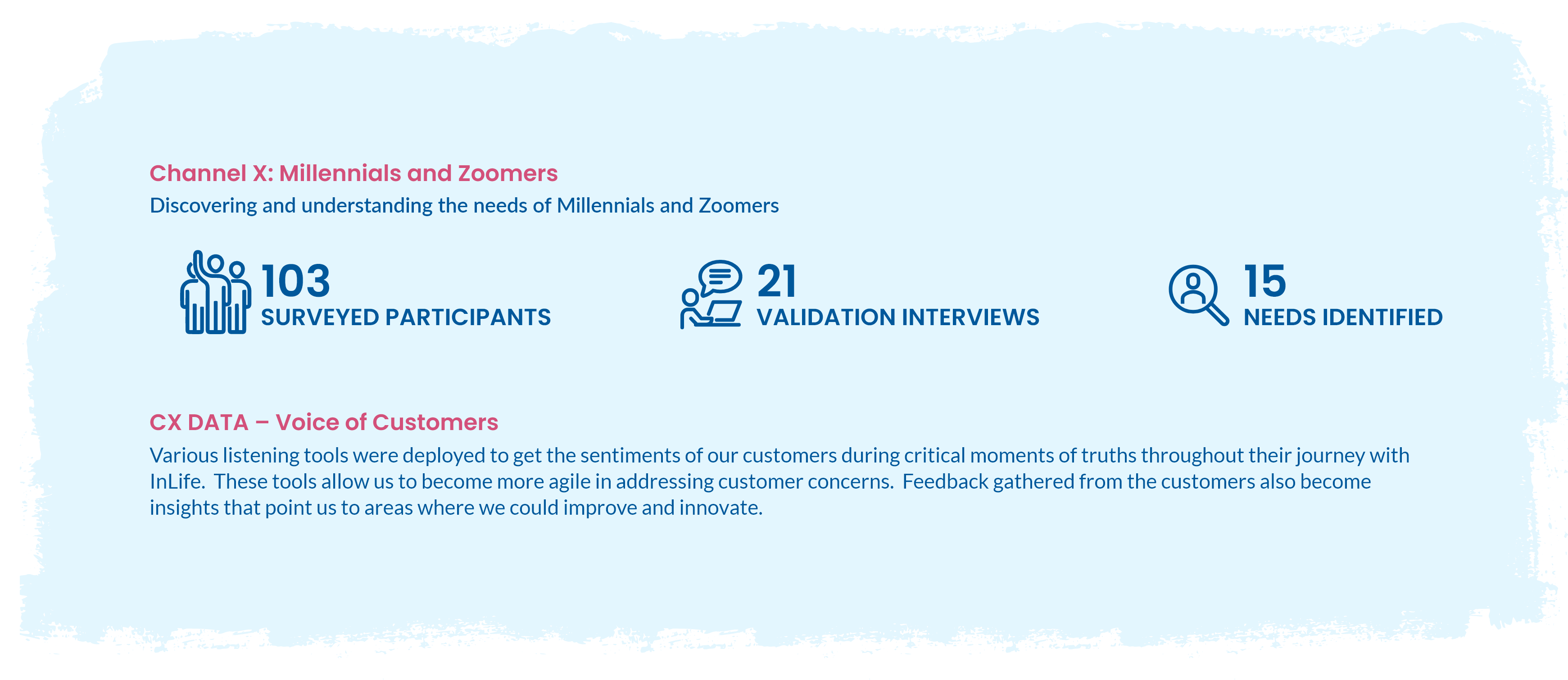


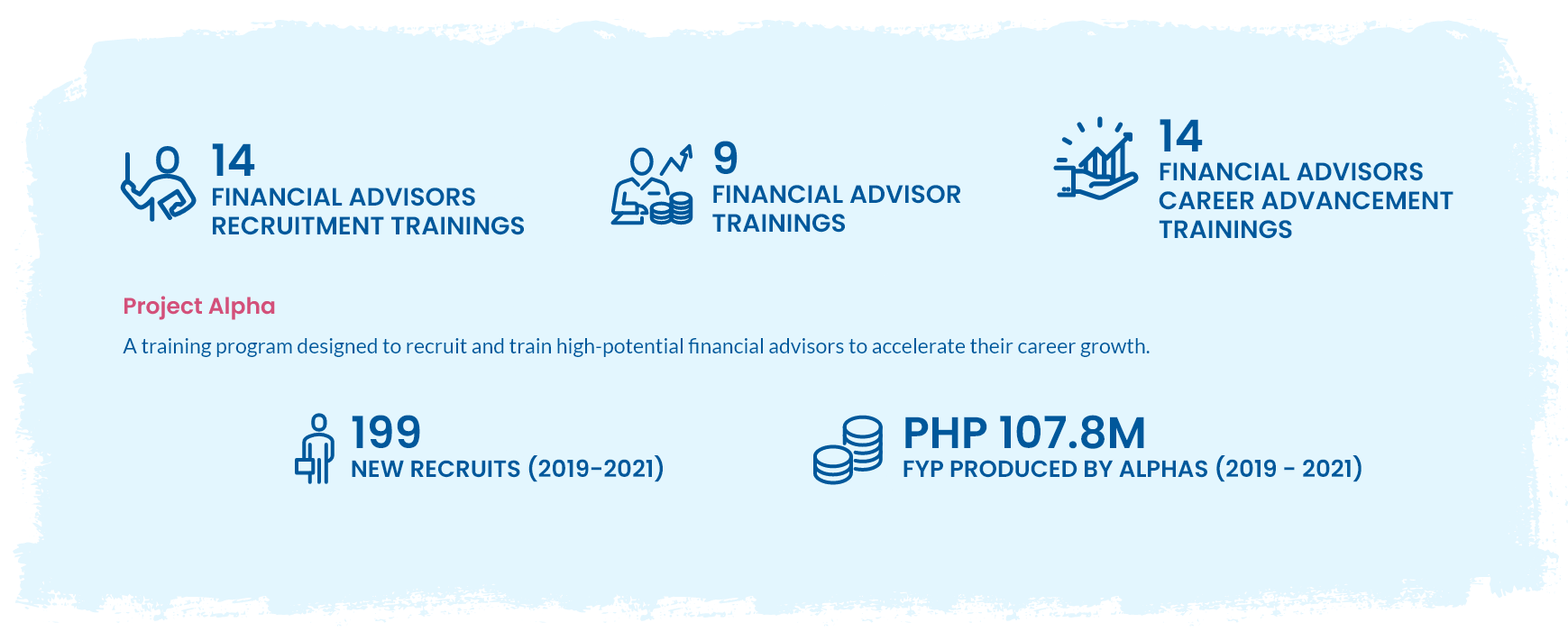
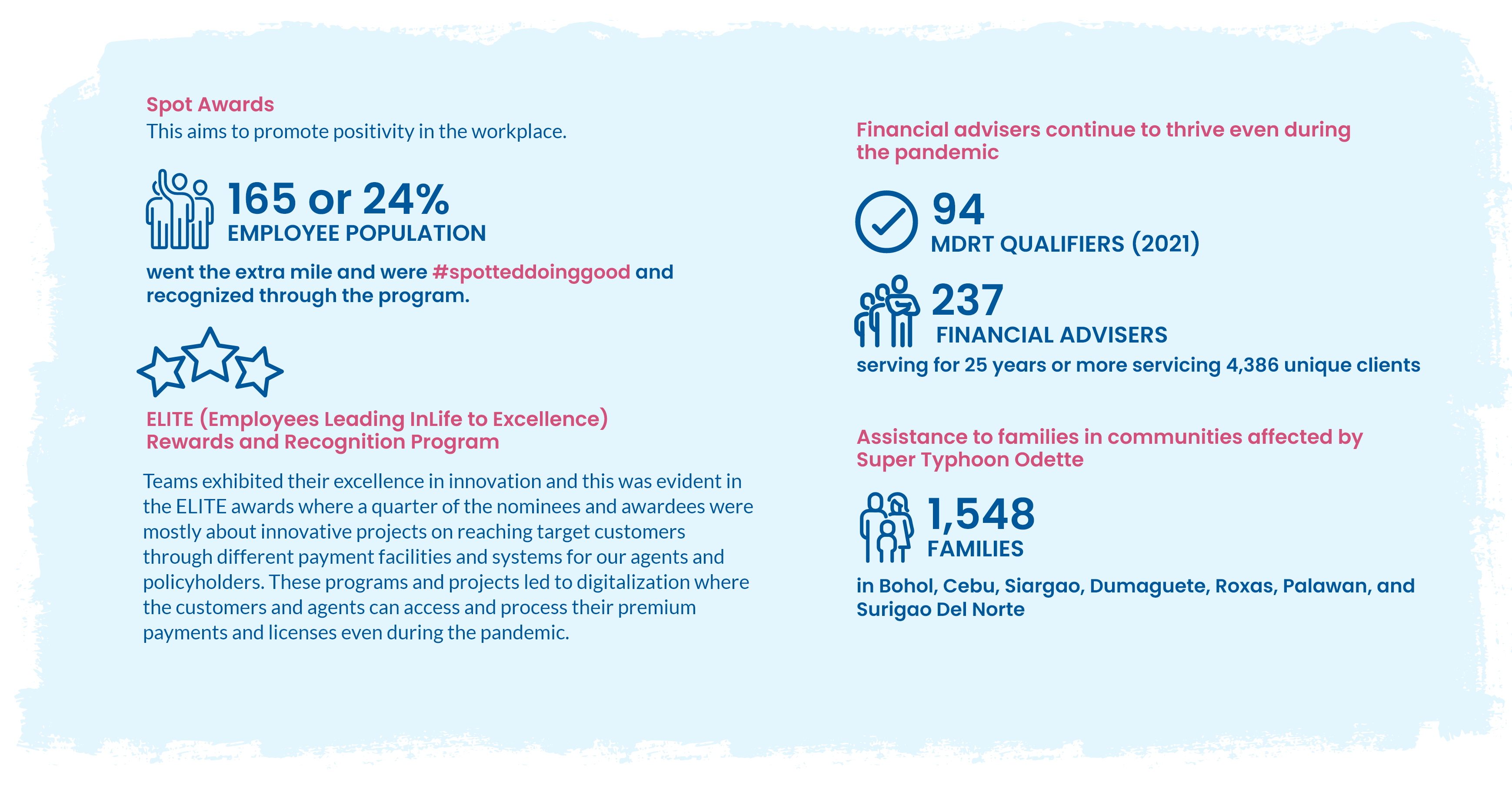
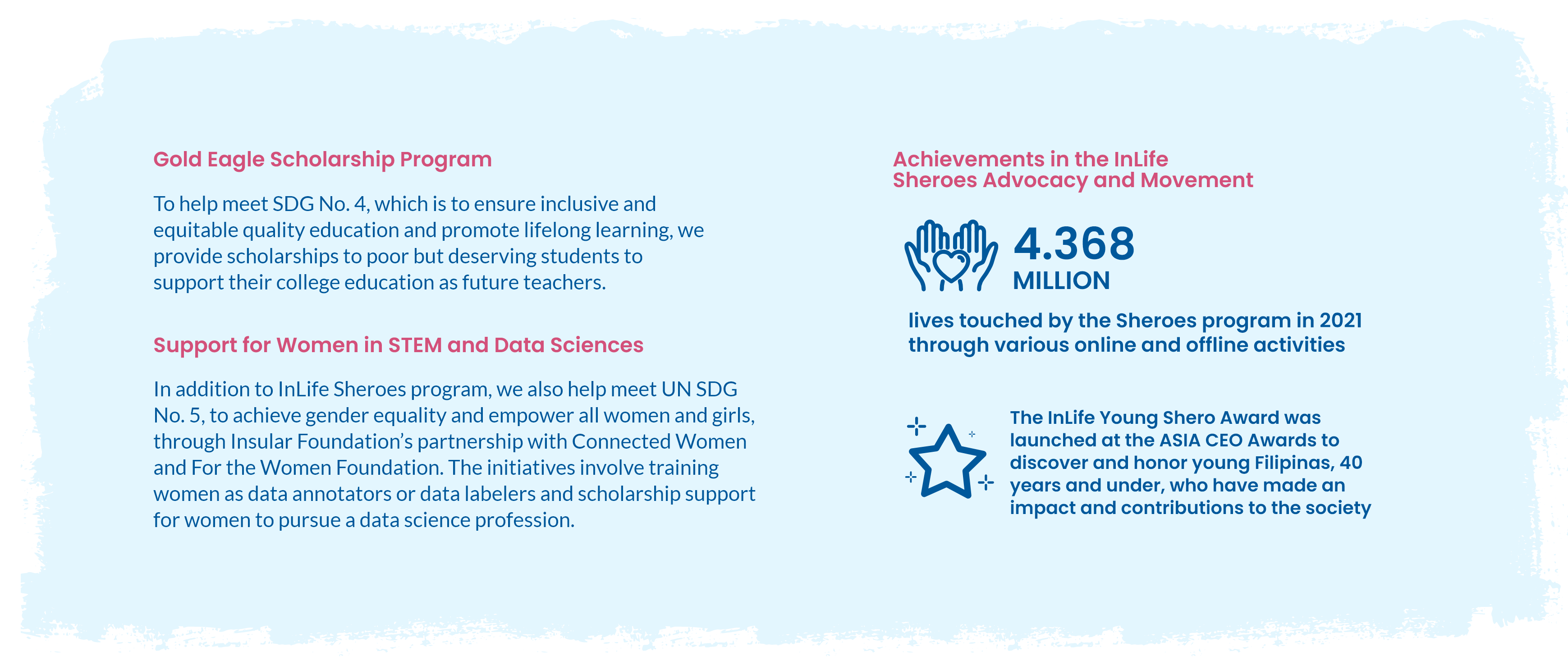
 Previous page
Previous page
